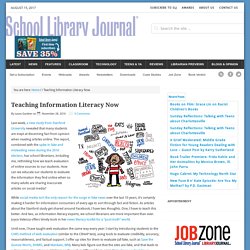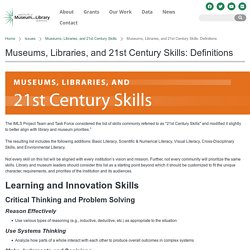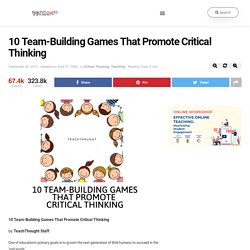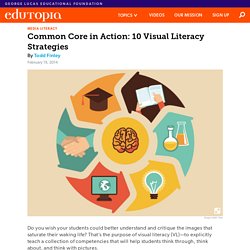

Calling Bullshit 1.1: Introduction to Bullshit. “Calling BS”: Watch Lectures for the College Course Designed to Combat the Bullshit in our Information Age. This past January, we highlighted a syllabus for a tentative course called "Calling Bullshit," designed by two professors at the University of Washington, Carl Bergstrom and Jevin West.

The course--also sometimes called "Calling Bullshit in the Age of Big Data"--ended up being offered this spring. And now you can see how it unfolded in the classroom. The 10 video lectures from the class are available online. Watch them above, or at this YouTube playlist. Also find them housed in our collection, 1,250 Free Online Courses from Top Universities. According to The Seattle Times, the course "achieved the academic version of a chart-topping pop single: At the UW [University of Washington], it reached its 160-student capacity shortly after registration opened this spring. " The course itself was premised on this basic idea: "Bullshit is everywhere, and we've had enough. A longer overview of the course appears below. The world is awash in bullshit. Related Content: Information Literacy in the Real World.
Information Assessment and Quality. Finding Fake News. Information Literacy Process. Teaching Information Literacy Now. Last week, a new study from Stanford University revealed that many students are inept at discerning fact from opinion when reading articles online.

The report, combined with the spike in fake and misleading news during the 2016 election, has school librarians, including me, rethinking how we teach evaluation of online sources to our students. How can we educate our students to evaluate the information they find online when so many adults are sharing inaccurate articles on social media? While social media isn’t the only reason for the surge in fake news over the last 10 years, it’s certainly making it harder for information consumers of every age to sort through fact and fiction. As articles about the Stanford study get shared around Facebook, I have two thoughts.
One, I have to teach this better. In follow-up lessons, we use the CARS strategy to evaluate other websites in order to rank their usefulness. Rethinking how we teach evaluation Read laterally. Keep it non-political. 21st Century Skills: Museums, Libraries. The IMLS Project Team and Task Force considered the list of skills commonly referred to as "21st Century Skills" and modified it slightly to better align with library and museum priorities.1 The resulting list includes the following additions: Basic Literacy, Scientific & Numerical Literacy, Visual Literacy, Cross-Disciplinary Skills, and Environmental Literacy.

Not every skill on this list will be aligned with every institution’s vision and mission. Further, not every community will prioritize the same skills. Library and museum leaders should consider this list as a starting point beyond which it should be customized to fit the unique character, requirements, and priorities of the institution and its audiences. 10 Team-Building Games That Promote Collaborative Critical Thinking. 10 Team-Building Games That Promote Critical Thinking by TeachThought Staff One of education’s primary goals is to groom the next generation of little humans to succeed in the ‘real world.’

Yes, there are mounds of curricula they must master in a wide breadth of subjects, but education does not begin and end with a textbook or test. Other skills must be honed, too, not the least of which is how to get along with their peers and work well with others. This is not something that can be cultivated through rote memorization or with strategically placed posters. Students must be engaged and cooperation must be practiced, and often. 10 Team-Building Games That Promote Collaborative Critical Thinking You can purchase a classroom-ready version of team-building games that promote critical thinking here. 1. This team-building game is flexible. Then, give them something to construct. Skills: Communication; problem-solving. Common Core in Action: 10 Visual Literacy Strategies. Do you wish your students could better understand and critique the images that saturate their waking life?

That's the purpose of visual literacy (VL), to explicitly teach a collection of competencies that will help students think through, think about and think with pictures. Lernsystem Informationskompetenz: LIK. Informationskompetenz.org - Wilfried Sühl-Strohmenger. Understanding Science. Literacy.at. Copyright Kids! Digitaler Selbstschutz. Saferinternet.at. Endungen.de - Weisst du wie's endet? - Das Dateiendungen-Nachschlagewerk im Internet. Mrs Dow Jones on YouTube. News & Media Literacy.